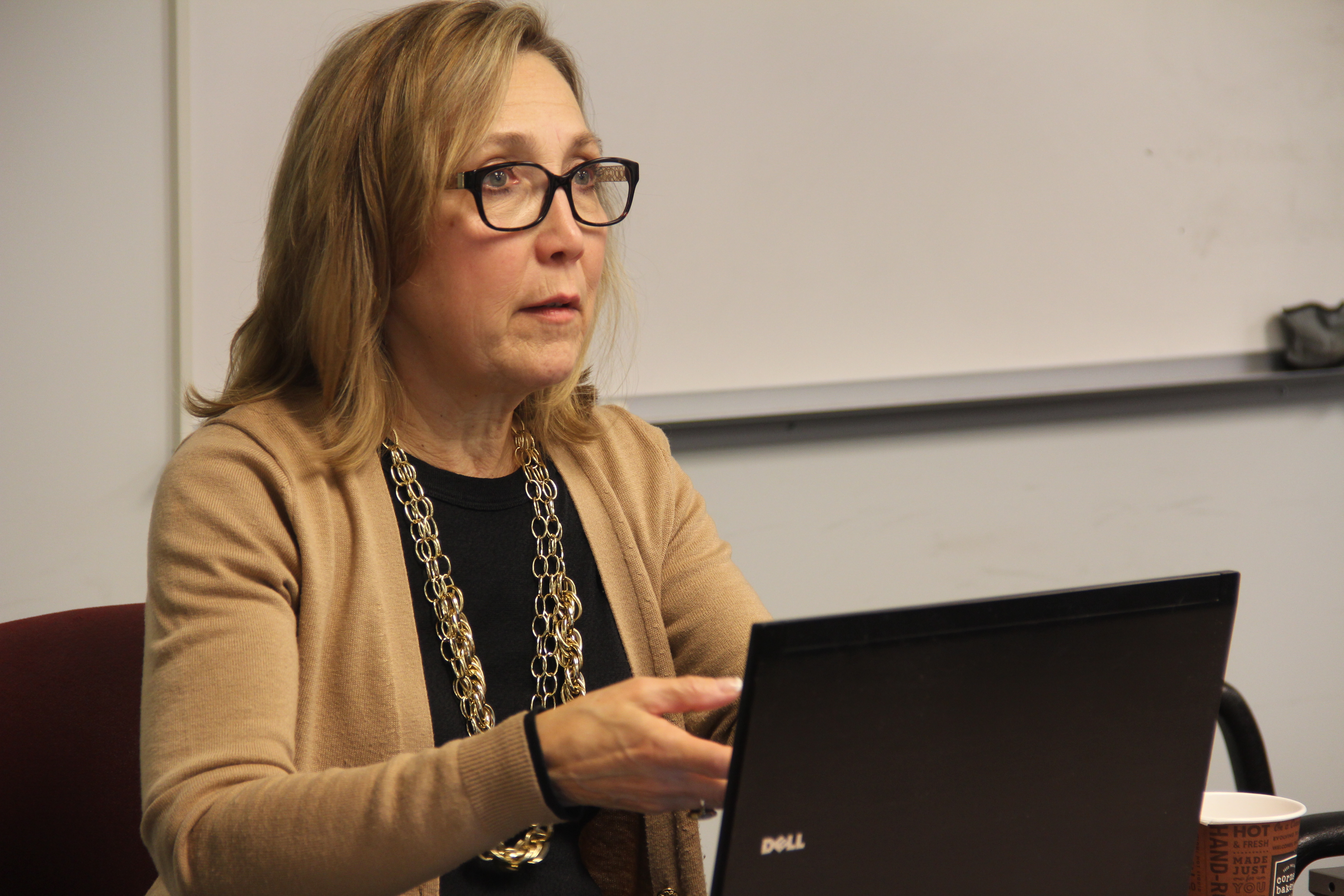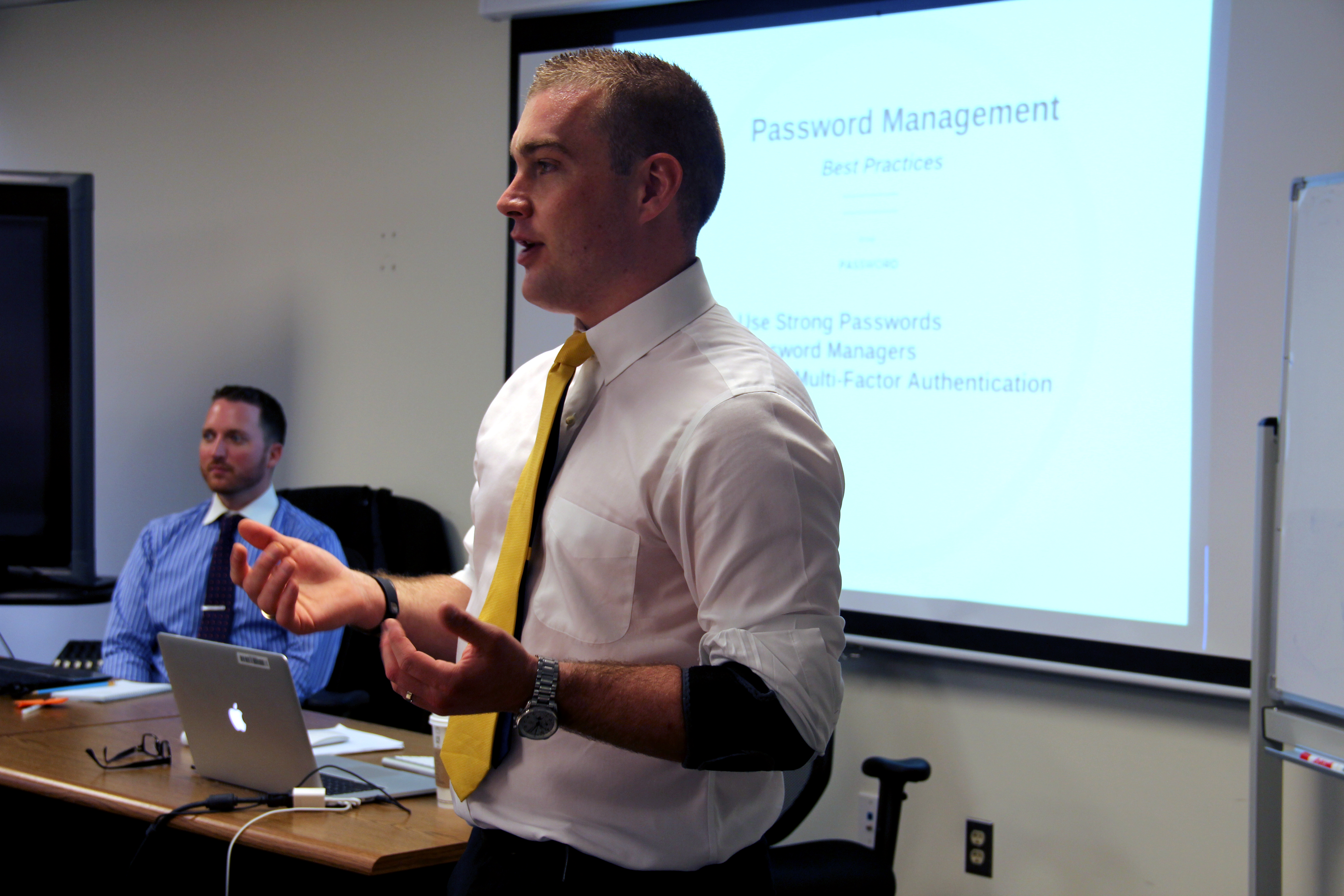WASHINGTON—Former and current FBI agents Wednesday said the agency needs a “culture shift” to stop retaliation against whistleblowers, especially an improved reporting process to better protect those reporting alleged abuses.
Their recommendations came on the heels of a Washington Times report that an agent received an email last August explaining he or she could face retaliation for revealing a potential abuse, or blowing the whistle, to a supervisor.
Whistleblowers reveal corrupt practices, such as waste or abuse of authority, typically to a superior within their government agencies or organizations.
Whistleblower protection laws, which were most recently updated in 2012, shield government employees from retaliation if they report corruption to a superior. The 35,000 people the FBI employs do not receive those same protections, however, according to critics (They are protected under the law, right, just not in practice?).
“This ought to be cause for anybody to scratch their head,” Sen. Chuck Grassley, R-Iowa, said during a Senate Judiciary Committee hearing on Wednesday. During the hearing, professionals familiar with the FBI’s reporting system provided testimony about its flaws.
Stephen Kohn of the National Whistleblowers Center outlined numerous cases in which whistleblowers had to leave their positions at the FBI after making whistleblower retaliation complaints. Their cases took too long to resolve within the Department of Justice or their work environment became too hostile, Kohn said.
“The Department of Justice’s program for protecting FBI whistleblowers is broken,” said Kohn, a lawyer who represents agents in these cases.
Former FBI special agent Michael German, who was a whistleblower, said the FBI’s policy is not conducive to whistleblowing. Currently, all employees are expected to report corruption to a Special Agent In Charge.
“I can’t overstate how difficult it would be for an agent to break protocol and report directly to an SAC,” German said, adding that it would be uncommon for an agent to approach such a high-ranking official. Reporting to a more direct supervisor would be more logical, he said.
The FBI does not protect reports made to direct supervisors against retaliation, Kohn said.
The Department of Justice has thrown out many FBI retaliation investigation cases on the basis that the agent did not report to the designated superior.
The Government Accountability Office’s David Mauer said its January report on FBI retaliation complaints found that in one year, the DOJ threw out a majority of retaliation cases for this reason.
All FBI employees are expected to report to one of nine agency officials, including the director of the FBI and the attorney general, Mauer said.
Another concern with FBI retaliation cases is the length of time the Department of Justice spends resolving them. Some of these cases last eight to 12 years, effectively ruining promising agents’ careers, Kohn said.
Mauer, the GAO’s director of homeland security and justice, said the agency made similar findings. Timelines for these cases were very inconsistent, he said.
“DOJ took the longest for those cases where it found the FBI had retaliated against the whistleblower,” said Mauer.
The GAO report recommended a policy change that would ensure retaliation complaints were resolved within a specific, consistent timeframe.
Kohn, German and several lawmakers at the hearing agreed that the agency’s work does not automatically necessitate its own class of whistleblower protection policies.
“The details of the national security issues almost never have to go in front of a court,” Kohn said. “If they did, the federal courts have very good procedures for guarding secrets.”
Grassley, the Senate Judiciary Committee chairman, described the need for a “culture shift” within the FBI. The agency’s associate deputy director, Kevin Perkins, said he shares this vision.
“Whistleblowers are a critical element of a functional democracy,” Perkins said. “We share the desire for the process to be improved and expedited.”









